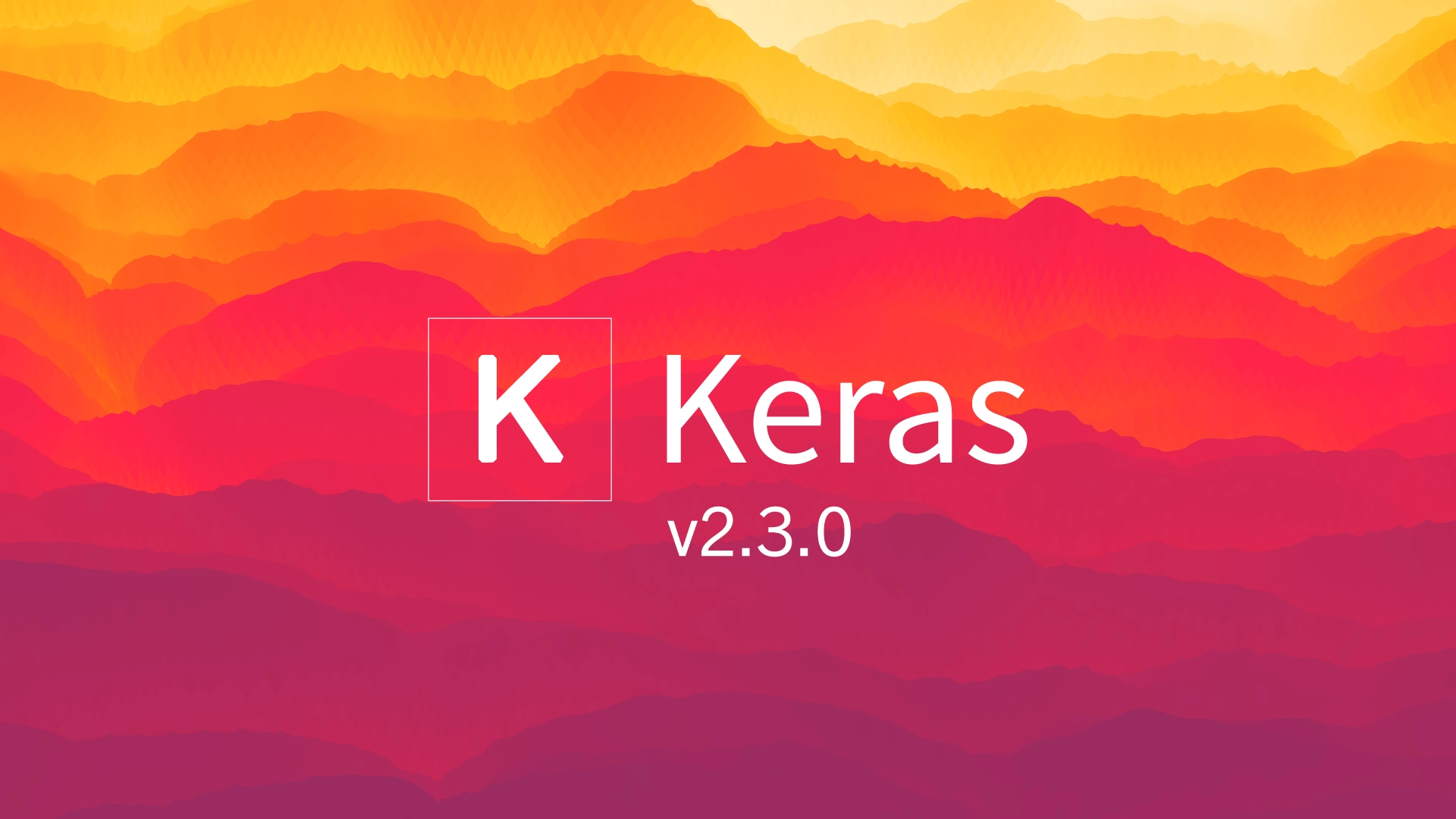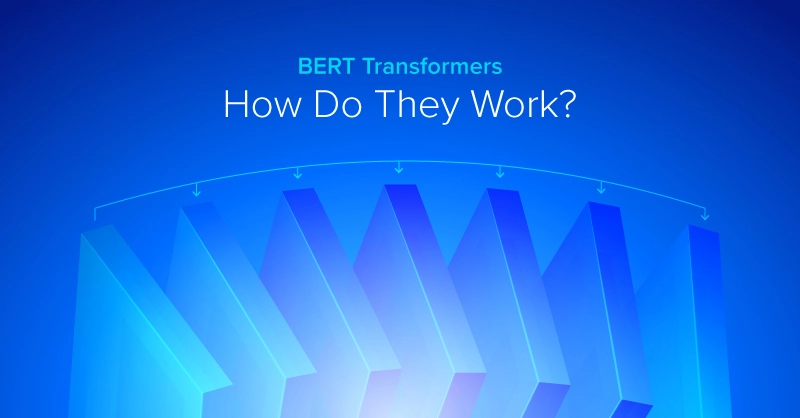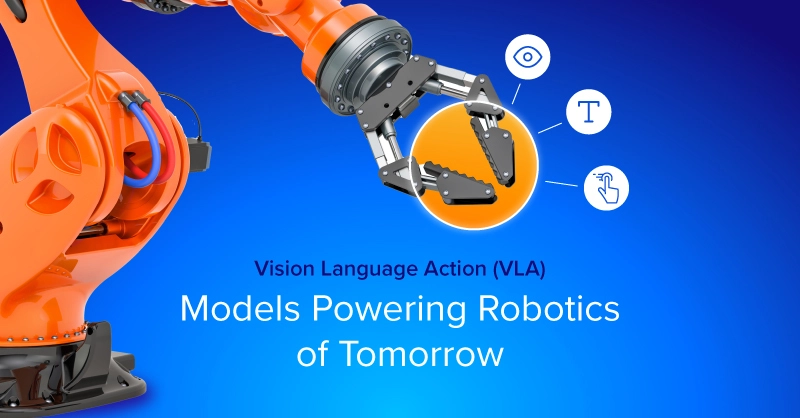
Keras 2.3.0
Repository: keras-team/keras · Tag: 2.3.0 · Commit: a0335a3 · Released by: fchollet
Keras 2.3.0 is the first release of multi-backend Keras that supports TensorFlow 2.0. It maintains compatibility with TensorFlow 1.14, 1.13, as well as Theano and CNTK.
This release brings the API in sync with the tf.keras API as of TensorFlow 2.0. However note that it does not support most TensorFlow 2.0 features, in particular eager execution. If you need these features, use tf.keras.
This is also the last major release of multi-backend Keras. Going forward, we recommend that users consider switching their Keras code to tf.keras in TensorFlow 2.0. It implements the same Keras 2.3.0 API (so switching should be as easy as changing the Keras import statements), but it has many advantages for TensorFlow users, such as support for eager execution, distribution, TPU training, and generally far better integration between low-level TensorFlow and high-level concepts like Layer and Model. It is also better maintained.
Development will focus on tf.keras going forward. We will keep maintaining multi-backend Keras over the next 6 months, but we will only be merging bug fixes. API changes will not be ported.
API changes
- Add size(x) to backend API.
- add_metric method added to Layer / Model (used in a similar way as add_loss, but for metrics), as well as the metrics property.
- Variables set as attributes of a Layer are now tracked in layer.weights (including layer.trainable_weights or layer.non_trainable_weights as appropriate).
- Layers set as attributes of a Layer are now tracked (so the weights/metrics/losses/etc of a sublayer are tracked by parent layers). This behavior already existed for Model specifically and is now extended to all Layer subclasses.
- Introduce class-based losses (inheriting from Loss base class). This enables losses to be parameterized via constructor arguments. Loss classes added:
- MeanSquaredError
- MeanAbsoluteError
- MeanAbsolutePercentageError
- MeanSquaredLogarithmicError
- BinaryCrossentropy
- CategoricalCrossentropy
- SparseCategoricalCrossentropy
- Hinge
- SquaredHinge
- CategoricalHinge
- Poisson
- LogCosh
- KLDivergence
- Huber
- Introduce class-based metrics (inheriting from Metric base class). This enables metrics to be stateful (e.g. required for supported AUC) and to be parameterized via constructor arguments. Metric classes added:
- Accuracy
- MeanSquaredError
- Hinge
- CategoricalHinge
- SquaredHinge
- FalsePositives
- TruePositives
- FalseNegatives
- TrueNegatives
- BinaryAccuracy
- CategoricalAccuracy
- TopKCategoricalAccuracy
- LogCoshError
- Poisson
- KLDivergence
- CosineSimilarity
- MeanAbsoluteError
- MeanAbsolutePercentageError
- MeanSquaredError
- MeanSquaredLogarithmicError
- RootMeanSquaredError
- BinaryCrossentropy
- CategoricalCrossentropy
- Precision
- Recall
- AUC
- SparseCategoricalAccuracy
- SparseTopKCategoricalAccuracy
- SparseCategoricalCrossentropy
- Add reset_metrics argument to train_on_batch and test_on_batch. Set this to True to maintain metric state across different batches when writing lower-level training/evaluation loops. If False, the metric value reported as output of the method call will be the value for the current batch only.
- Add model.reset_metrics() method to Model. Use this at the start of an epoch to clear metric state when writing lower-level training/evaluation loops.
- Rename lr to learning_rate for all optimizers.
- Deprecate argument decay for all optimizers. For learning rate decay, use LearningRateSchedule objects in tf.keras.
Breaking changes
- TensorBoard callback:
- batch_size argument is deprecated (ignored) when used with TF 2.0
- write_grads is deprecated (ignored) when used with TF 2.0
- embeddings_freq, embeddings_layer_names, embeddings_metadata, embeddings_data are deprecated (ignored) when used with TF 2.0
- Change loss aggregation mechanism to sum over batch size. This may change reported loss values if you were using sample weighting or class weighting. You can achieve the old behavior by making sure your sample weights sum to 1 for each batch.
- Metrics and losses are now reported under the exact name specified by the user (e.g. if you pass metrics=['acc'], your metric will be reported under the string "acc", not "accuracy", and inversely metrics=['accuracy'] will be reported under the string "accuracy".
- Change default recurrent activation to sigmoid (from hard_sigmoid) in all RNN layers.
This release has 2 assets:
- Source code (zip)
- Source code (tar.gz)
Visit the release page to download them.

New Keras 2.3.0 Release to Support TensorFlow 2.0
Keras 2.3.0
Repository: keras-team/keras · Tag: 2.3.0 · Commit: a0335a3 · Released by: fchollet
Keras 2.3.0 is the first release of multi-backend Keras that supports TensorFlow 2.0. It maintains compatibility with TensorFlow 1.14, 1.13, as well as Theano and CNTK.
This release brings the API in sync with the tf.keras API as of TensorFlow 2.0. However note that it does not support most TensorFlow 2.0 features, in particular eager execution. If you need these features, use tf.keras.
This is also the last major release of multi-backend Keras. Going forward, we recommend that users consider switching their Keras code to tf.keras in TensorFlow 2.0. It implements the same Keras 2.3.0 API (so switching should be as easy as changing the Keras import statements), but it has many advantages for TensorFlow users, such as support for eager execution, distribution, TPU training, and generally far better integration between low-level TensorFlow and high-level concepts like Layer and Model. It is also better maintained.
Development will focus on tf.keras going forward. We will keep maintaining multi-backend Keras over the next 6 months, but we will only be merging bug fixes. API changes will not be ported.
API changes
- Add size(x) to backend API.
- add_metric method added to Layer / Model (used in a similar way as add_loss, but for metrics), as well as the metrics property.
- Variables set as attributes of a Layer are now tracked in layer.weights (including layer.trainable_weights or layer.non_trainable_weights as appropriate).
- Layers set as attributes of a Layer are now tracked (so the weights/metrics/losses/etc of a sublayer are tracked by parent layers). This behavior already existed for Model specifically and is now extended to all Layer subclasses.
- Introduce class-based losses (inheriting from Loss base class). This enables losses to be parameterized via constructor arguments. Loss classes added:
- MeanSquaredError
- MeanAbsoluteError
- MeanAbsolutePercentageError
- MeanSquaredLogarithmicError
- BinaryCrossentropy
- CategoricalCrossentropy
- SparseCategoricalCrossentropy
- Hinge
- SquaredHinge
- CategoricalHinge
- Poisson
- LogCosh
- KLDivergence
- Huber
- Introduce class-based metrics (inheriting from Metric base class). This enables metrics to be stateful (e.g. required for supported AUC) and to be parameterized via constructor arguments. Metric classes added:
- Accuracy
- MeanSquaredError
- Hinge
- CategoricalHinge
- SquaredHinge
- FalsePositives
- TruePositives
- FalseNegatives
- TrueNegatives
- BinaryAccuracy
- CategoricalAccuracy
- TopKCategoricalAccuracy
- LogCoshError
- Poisson
- KLDivergence
- CosineSimilarity
- MeanAbsoluteError
- MeanAbsolutePercentageError
- MeanSquaredError
- MeanSquaredLogarithmicError
- RootMeanSquaredError
- BinaryCrossentropy
- CategoricalCrossentropy
- Precision
- Recall
- AUC
- SparseCategoricalAccuracy
- SparseTopKCategoricalAccuracy
- SparseCategoricalCrossentropy
- Add reset_metrics argument to train_on_batch and test_on_batch. Set this to True to maintain metric state across different batches when writing lower-level training/evaluation loops. If False, the metric value reported as output of the method call will be the value for the current batch only.
- Add model.reset_metrics() method to Model. Use this at the start of an epoch to clear metric state when writing lower-level training/evaluation loops.
- Rename lr to learning_rate for all optimizers.
- Deprecate argument decay for all optimizers. For learning rate decay, use LearningRateSchedule objects in tf.keras.
Breaking changes
- TensorBoard callback:
- batch_size argument is deprecated (ignored) when used with TF 2.0
- write_grads is deprecated (ignored) when used with TF 2.0
- embeddings_freq, embeddings_layer_names, embeddings_metadata, embeddings_data are deprecated (ignored) when used with TF 2.0
- Change loss aggregation mechanism to sum over batch size. This may change reported loss values if you were using sample weighting or class weighting. You can achieve the old behavior by making sure your sample weights sum to 1 for each batch.
- Metrics and losses are now reported under the exact name specified by the user (e.g. if you pass metrics=['acc'], your metric will be reported under the string "acc", not "accuracy", and inversely metrics=['accuracy'] will be reported under the string "accuracy".
- Change default recurrent activation to sigmoid (from hard_sigmoid) in all RNN layers.
This release has 2 assets:
- Source code (zip)
- Source code (tar.gz)
Visit the release page to download them.






.jpg?format=webp)